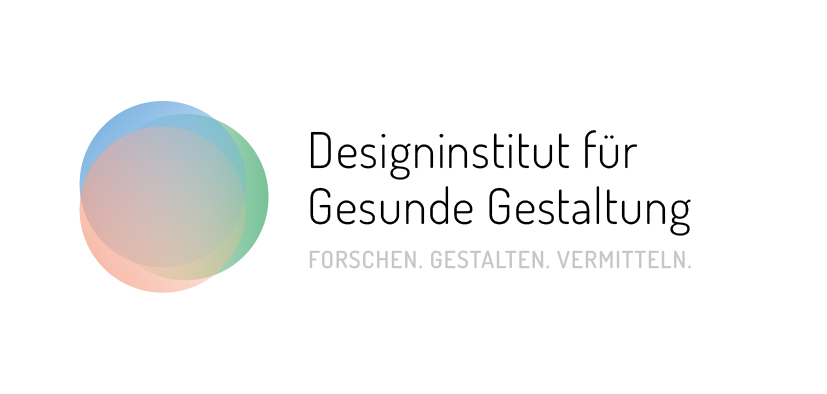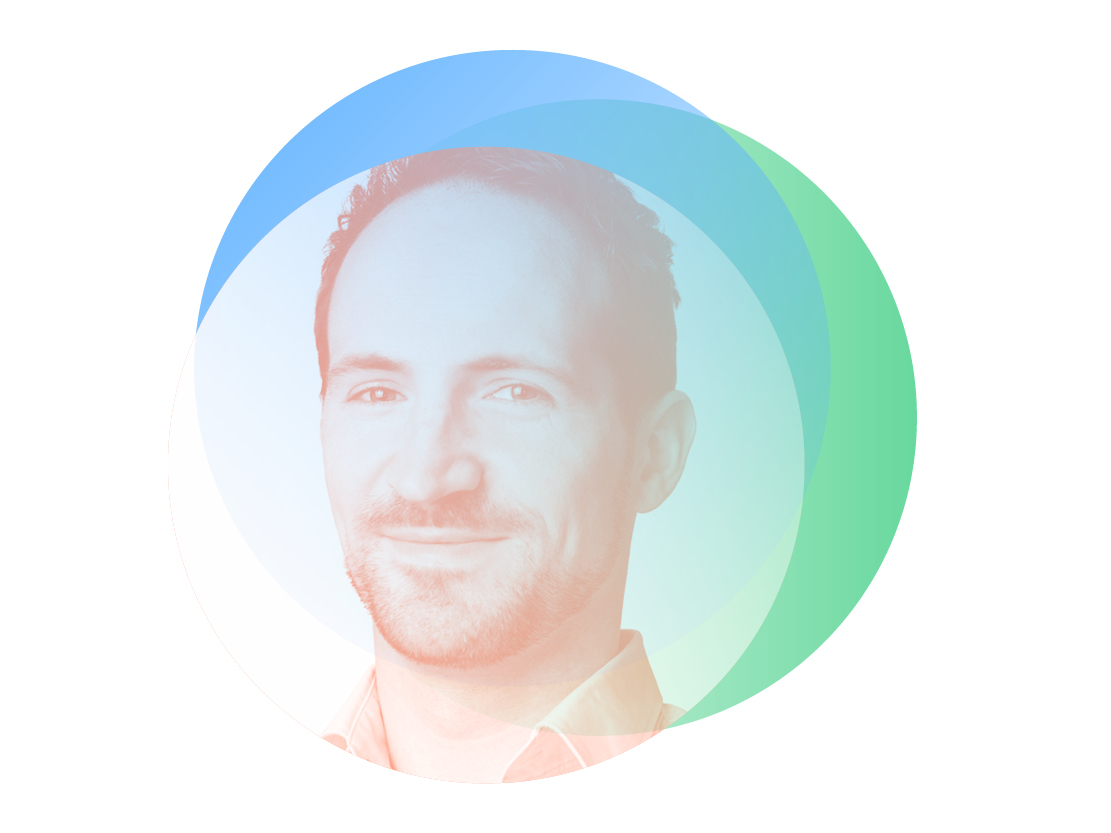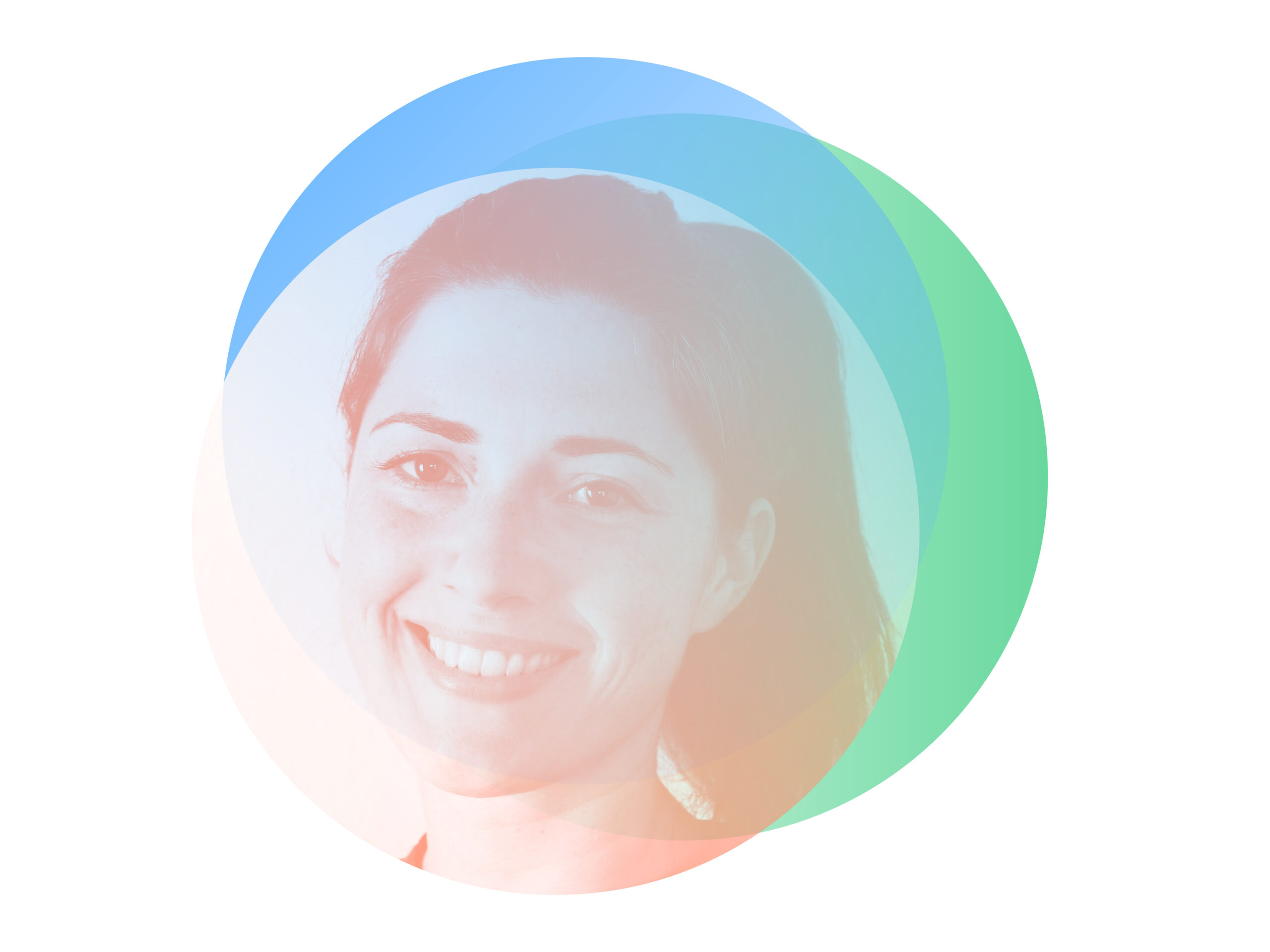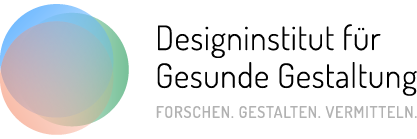
We believe that human health should be the guiding principle for the design of spaces, objects and services. In practice, this means working in a scientifically sound and user-centered manner. To achieve this, we want to understand contexts, identify needs, and develop and evaluate solutions. Scientific and creative methods from different disciplines are our tools. Users lead the way. This is how we create what we stand for: healthy design.
The journey to the "Designinstitut"
Im Jahr 2015 gründete Dr. Jonas Rehn-Groenendijk den Blog „Gesunde Gestaltung“ als werbefreie und unabhängige Plattform zur Vermittlung und Reflexion von Themen rund um die gesundheitsfördernde Gestaltung. Hier adressierte und vertiefte er insbesondere Aspekte seiner eigenen Forschung und Praxis. Anfang des Jahres 2022 startete er aufbauend auf diesem Konzept den Podcast „Gesunde Gestaltung“, in dem unter anderem Gäste aus Forschung und Praxis zu Wort kommen und ihre Expertisen miteinfließen lassen.
From this thematic condensation, it became clear that there is enormous potential and an immediate need to transfer the diverse approaches and scientific findings more strongly into practice. The communication of these topics continues to be of importance. At the same time, the direct exchange with physicians, therapists, designers and scientists led to a pathbreaking insight: a closer integration of scientific research methods and an evidence-based design approach that not only addresses sub-areas but sees the big picture in the context of health promotion is crucial.
Together with the psychologist Dr. Helena Müller, the concept of a design institute was born, which deals with the triad of research, design and communication in an interdisciplinary way and consistently involves users. The "Designinstitut für Gesunde Gestaltung" was founded in January 2023.
Head of institute

Dr. Jonas Rehn-Groenendijk holds a doctorate in design research and is an industrial designer. His research and teaching focus on the relationship between design, behavior and experience in the context of health promotion and sustainable development. He has teaching experience in Germany, Switzerland and the UK and is reviewer. As host of the podcast "Gesunde Gestaltung", he aims to present people and approaches of health-promoting design.
Contact: jrg@gesunde-gestaltung.de

Dr. Helena Müller holds a doctorate in psychology. Her research is dedicated to the relationship between people and their environments with a particular focus on housing, ageing, mental health and sustainable development. She has professional experience in the field of environmental and architectural psychology in Germany and the Netherlands.
Contact: hm@gesunde-gestaltung.de
Expanded team

Depending on the project requirements, the Designinstitut draws on the expertise of an interdisciplinary network alongside Dr. Müller and Dr. Rehn-Groenendijk. This includes doctors, nursing staff, psychotherapists, sports scientists, architects, web developers and others.

